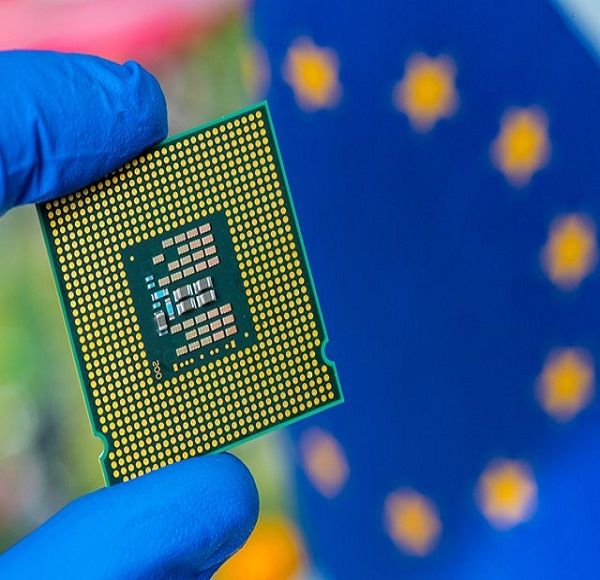EU envoys have unanimously agreed to a €45bn (£38.6bn) plan to fund the production of silicon semiconductors, with a view towards reducing the bloc’s reliance on US and Asian manufacturers.
The deal was backed by EU ambassadors, people familiar with the matter told Reuters.
This is the latest move in the saga of the European Chips Act, unveiled earlier this year, which aims to bolster European competitiveness and resilience in semiconductors, with a target of doubling the current market share of the EU to about 20 per cent of global semiconductor production by 2030.
Currently, Europe manufactures 8 per cent of the global share of semiconductors.
The agreement would expand the scope of the chip plants considered “first-of-a-kind” and which qualify for state aid, but stops short of allowing all automotive chips to qualify for funds, which some countries had demanded earlier this year.
However, some points of the legislation might still face some criticism, especially when it comes to the allocation of EU funds.
In the latest consensus, the bloc’s nations agreed not to reallocate €400m of research funds from the Horizon Europe research programme for semiconductors, following concerns that this money will only benefit countries with large manufacturing infrastructures.
The proposal will still need to be debated and approved by the European Parliament before it can come into force. However, a number of companies have already expressed an interest in building new semiconductor sites in Europe, including Intel Corp., GlobalFoundries Inc., STMicroelectronics NV and Infineon Technologies AG.
These companies are eager to boost their production capabilities in order to meet the rising demand for semiconductors, which has created havoc in many industries that rely on this technology, including carmakers, healthcare providers and telecom operators. Large corporations such as Apple and Ford have been forced to halt production processes, facing billions of dollars in losses on projected sales.
Earlier this year, Raimondo warned that the global chip crisis is expected to last through 2023 and perhaps longer as manufacturing still struggles to keep up with demand.
Source: E&T










